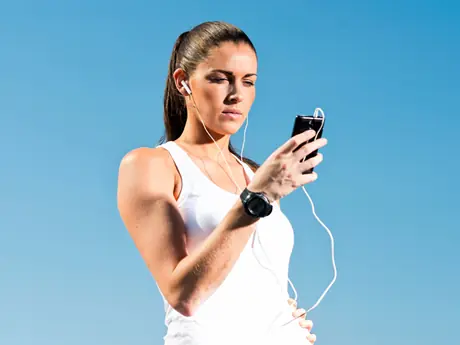
Ever since the first app-enabled smartphones hit the market more than seven years ago, runners have had the ability to simply press a button on a touch screen and log data from their runs.
The MapMyRun app was among the first 200 apps available for download from the iTunes store, with RunKeeper and Nike+ not far behind. The introduction of the running app was an exciting game-changer for many runners; it was an extremely cheap or even free way to use a device you already owned in order to track distance, pace and other training data, all while listening to your favorite music. It didn't take long, however, for the complaints about the accuracy of the GPS data in those early smartphones to come rolling in.
Unfortunately, Not Entirely Accurate
You would think that a GPS signal is a GPS signal. While the signals from space are the same, the way different devices receive and process them is where the potential for inaccuracy lies.
True GPS devices, like the ones in airplanes, your car's navigation system, or in your Garmin Forerunner watch receive location data directly from satellites orbiting the earth. In contrast, a smartphone's GPS sensor receives data that has been collected from nearby cell phone towers and/or Wi-Fi hot spots (known as Assisted-GPS, or A-GPS). That's why it can take minutes for your watch to locate satellites and get a location lock, while smartphones tell you exactly where you are instantaneously—the towers and hot-spots they connect to are fixed positions that continuously receive data from the satellites above. It's that additional relay from tower or hot-spot to the sensor in your device that partly accounts for the inaccuracy.
Your GPS watch is continually getting data from the satellites, whereas your phone only gets periodic position updates which are then averaged out. That averaging isn't quite as accurate. This is done in order to conserve battery life in your phone, which is often performing many other functions at the same time that it's tracking your run.
More: 10 Reasons to Run with Your Phone
It's the Device, Not the App
As the support page at MapMyRun says, "GPS accuracy depends on a variety of factors." iSmoothRun takes things even further by saying, "It's not us, it's your phone! We don't gather the GPS data, we just use what your smartphone gives us."
And that's the truth. All of your location-based apps are only as good as the GPS sensor in your phone. The good news is that smartphone technology has come a long way.
Current models of leading smartphone brands have all upgraded their sensors so that they receive satellite data not only from the U.S.-based DOD system of satellites, but also from the Russian-based GLONAS constellation of satellites, making positioning data that much more reliable.
A 2011 study of location accuracy for smartphones using A-GPS averaged out a range of 5 to 8 meters, according to the National Institutes of Health. That's only slightly worse than the currently advertised +/-3 meters for GPS watches. Keep in mind that the study is four years old; one assumes the gap has closed even more by now.
How to Get the Most Accurate Data
There are a few tips you can follow to make your run data as accurate as possible, regardless of which app or smartphone you're using.
First, try to choose outdoor routes along open, relatively flat areas whenever possible. Dense, overhead foliage, tall buildings and other types of satellite or cellular interference make for greater inaccuracies. So do turns, especially tight ones, because your phone is averaging location signals from cell towers; every time you change course, there's a chance the device might miss it. Out-and-back routes are fine, as long as you're only turning around once or twice. But getting in a 10-miler on a one-mile stretch of trail is probably going to be pretty inaccurate (not to mention boring).
If you have a GPS watch, wear it while you're operating your favorite running app on one of those open, flat routes. That way you can get an idea of how far "off" your smartphone is, and in what direction. For example, I've worn my Garmin Forerunner 305 on several runs while running the MapMyRun and iSmoothRun apps on my phone, and I know from trial and error that my iPhone overestimates my mileage by about .02 to .04 mile per mile compared to my Garmin. That might not sound like much, but on a 10-mile run, that overestimates by a quarter-mile or more, which can be significant for some runners.
Finally, for some runners and certain types of training runs, smartphone apps probably just aren't accurate enough to give you the data you really need. Short speed intervals of 1/4 mile or less are one example. Because the smartphone relies on averaging signals over time, overall averaged accuracy is better over longer distances. Even GPS watches have this limitation, though to a smaller degree. It's better to do your speed workout at the track or on a stretch of road or trail that you know the distance of.
The good news is that your running app is probably just fine for your easy and long runs, which should be making up the bulk of your training time anyway.
- 1
- of
- 2
About the Author

Get ACTIVE on the Go


Couch to 5K®
The best way to get new runners off the couch and across the finish line of their first 5K.
Available for iOS | Android
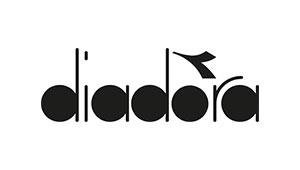
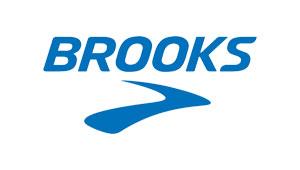


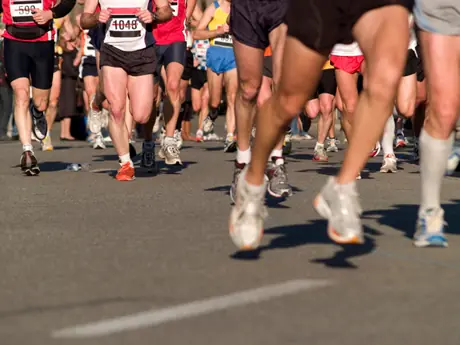
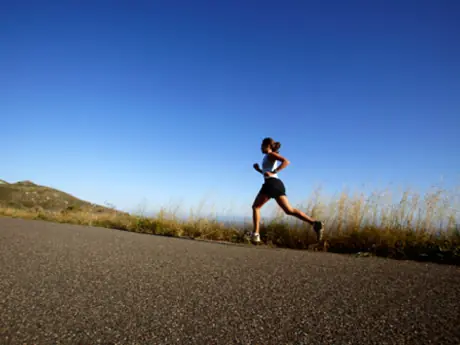

Discuss This Article